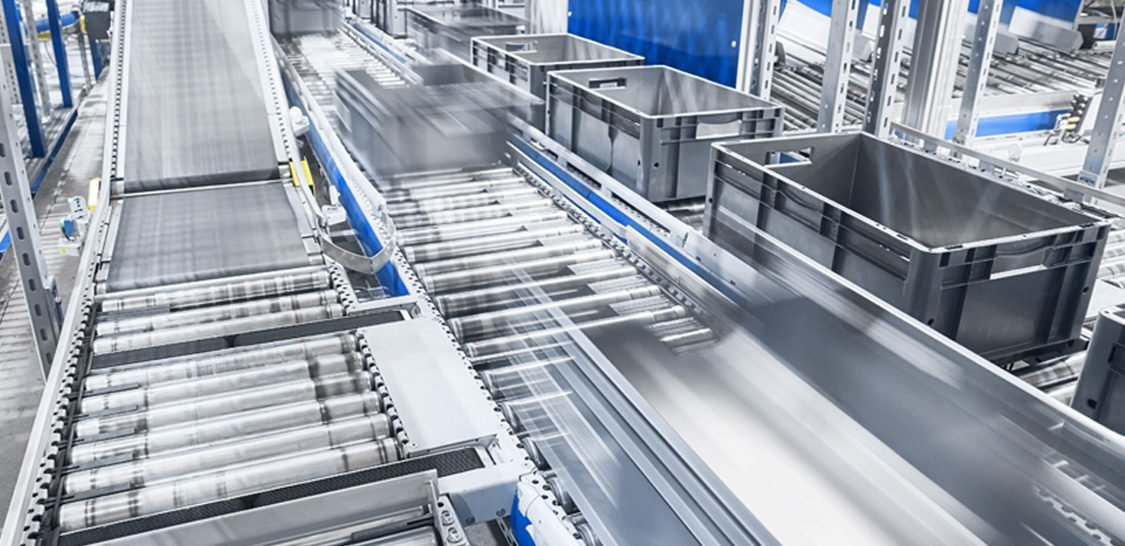Manufacturers across the country are meeting this unprecedented moment by repurposing their production capabilities from standard output into much-needed supplies for the fight against coronavirus. Whether it’s a local distillery now mixing up hand sanitizer or an apparel company switching to sewing masks and surgical gowns, many manufacturers have found new ways to deploy their expertise and generate business activity and community goodwill.
These manufacturers have already contended with hygiene protocol and workplace safety requirements to keep their teams healthy and productive, but some may not be aware that these innovations can create a new web of tax and reporting obligations. Increased demand for personal protective equipment and sanitation supplies may lead companies to fulfill orders or make donations in places never previously served or impact equipment usage levels, all of which can have state and local tax consequences.
Expanded nexus for sales tax purposes
The 2018 U.S. Supreme Court South Dakota v. Wayfair decision removed the physical presence standard (also known as nexus) that previously prevented states from collecting sales tax from online vendors without an actual location within their borders. Now, sales tax nexus is established by the level of sales into a certain state.
In order to reach more areas of need with retooled products, manufacturers that typically may use resellers or wholesalers to enter new markets are now selling directly into states not previously served. Different states have different sales tax reporting regulations, and taxability will depend on the specific items sold. Even if a company was previously exempt based on its original product lineup or sales structure, a retooled approach and new output may create sales tax exposure. Manufacturers should consult with their tax advisors to assess the taxability of products, as well as reporting, collection and remittance obligation within specific jurisdictions.
Additionally, some states have provided special temporary exemptions for certain PPE that normally would be taxable when sold to the public (ex. Pennsylvania).
Equipment sales and use tax exemption
The majority of manufacturing equipment and machinery purchases are exempt from sales tax, including protective wear for staff working on the production line. These exemptions, however, often come with conditions, including a direct or predominate use in a specific manufacturing operation. If manufactures use equipment or machinery for a different product or process (ex. protective wear for administrative staff), this may run afoul of the qualified use. While the alternate uses may very well still be considered exempt, it is important that manufacturers recognize the possibility that a state use tax liability may be generated.
Use tax exposure for items donated, not sold
As discussed above, manufacturing supplies and equipment are generally exempt from sales and use tax. However, exemption may be impacted if the PPE is given to local hospitals, instead of used in manufacturing operations. Manufacturers may be obligated to track and remit use tax on these items if there is no eventual sale.
RKL’s team of state and local tax experts can help manufacturers evaluate the consequences of revamped production and ensure compliance with any new requirements. Reach out to your RKL advisor to start the conversation or contact us using the form below. Find more guidance and insights in the Coronavirus Resource Center.




